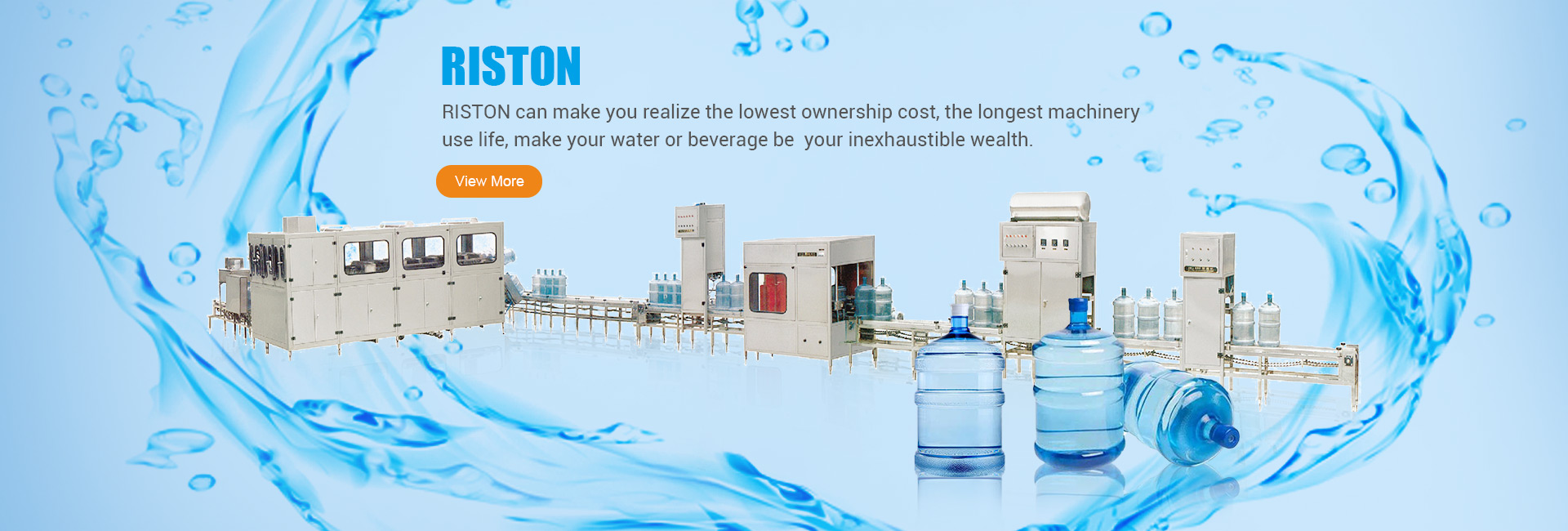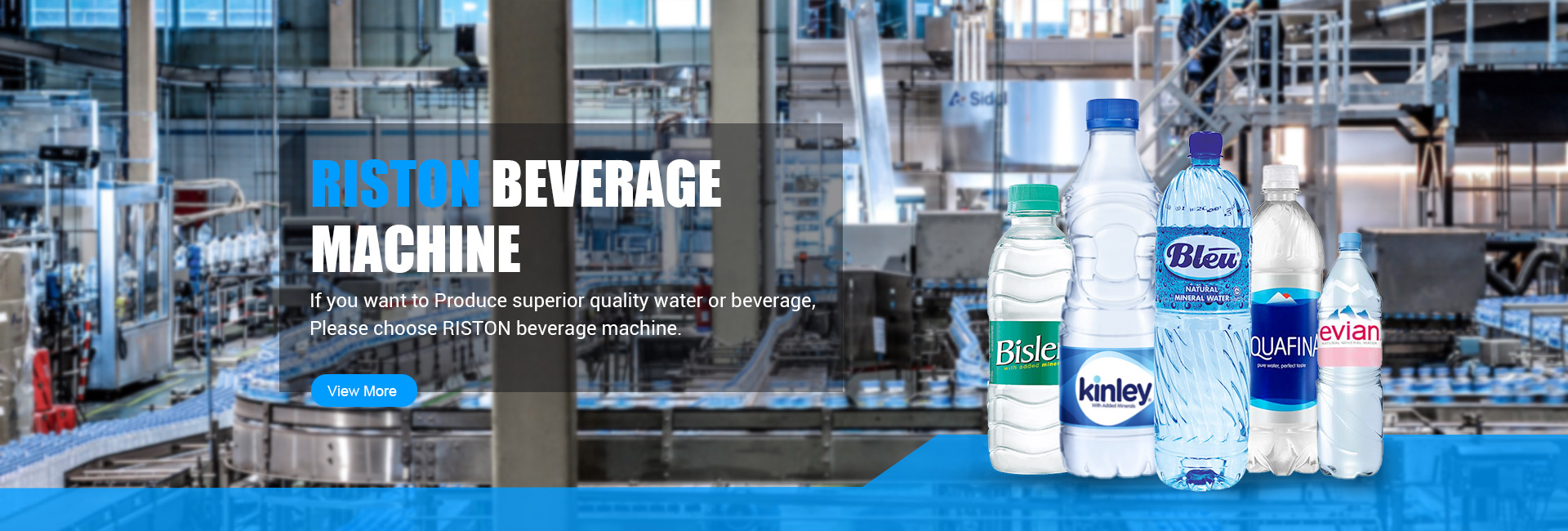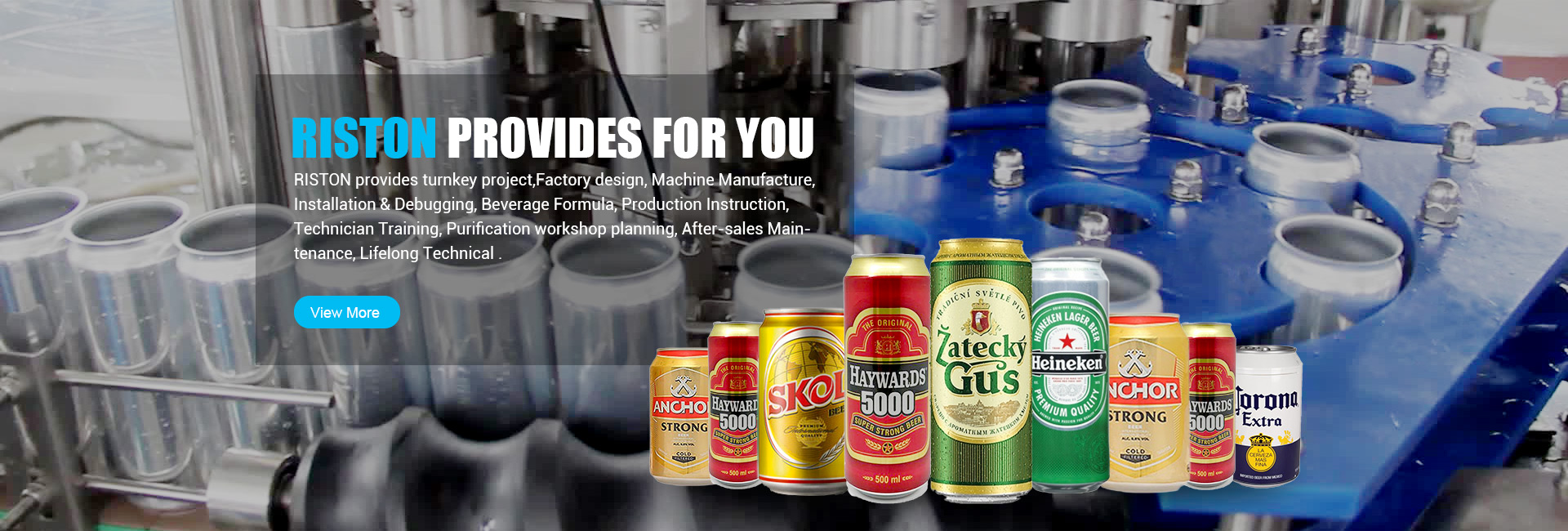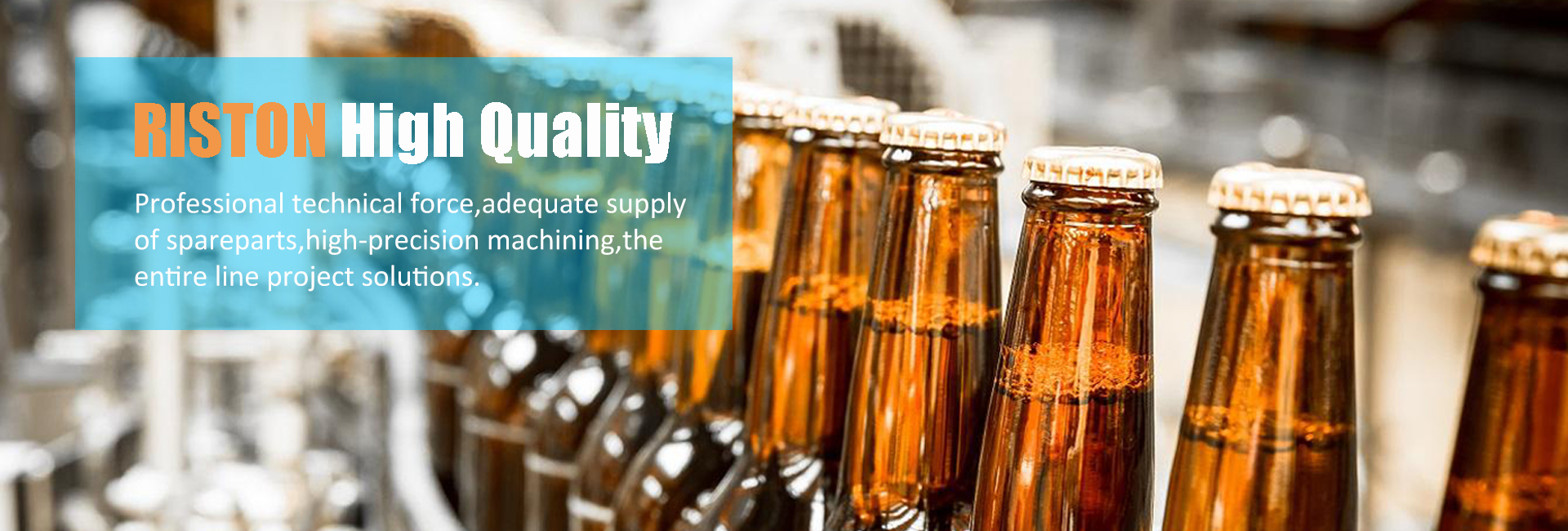RISTON-cdi water treatment system
This technical article presents an in-depth analysis of the Riston Capacitive Deionization (CDI) water treatment technology, highlighting its unique features, operational principles, and the impact it has on industrial and commercial water purification processes. The Riston CDI system is designed to effectively remove ions from water using an energy-efficient electrochemical process, providing a sustainable alternative to traditional water treatment methods.
Introduction
Introduces Riston's position as an innovator in water treatment solutions, emphasizing the increasing need for more sustainable and cost-effective water purification technologies.
Briefly explains how capacitive deionization works as a desalination and water softening technique.
The Riston CDI Technology Principle
Explores the fundamental science behind the CDI process, detailing how charged electrodes with ion exchange membranes selectively adsorb and release ions depending on the polarity of the applied voltage.
Discusses the materials used in Riston's CDI modules, including the composition and properties of the electrodes and their importance in enhancing performance and longevity.
System Design and Components
Describes the design configuration of the Riston CDI water treatment system, encompassing the flow path, stack design, and integration with power management systems.
Explains how pre-treatment and post-treatment stages complement the core CDI process for comprehensive contaminant removal.
Performance Metrics and Efficiency
Presents key performance indicators such as salt rejection rate, energy efficiency ratio, and regeneration cycles.
Demonstrates through simulations or empirical data how Riston’s CDI system outperforms conventional desalination technologies under various feedwater conditions.
Case Studies and Applications
Shares real-world applications where the Riston CDI system has been successfully implemented, covering industries like agriculture, food and beverage, and municipal water supply.
Analyzes the economic benefits and environmental impacts of these installations.
Operational Advantages and Maintenance
Outlines the ease of installation and operation of the Riston CDI system, as well as its low maintenance requirements due to the lack of moving parts and chemical usage.
Discusses the automated control systems that monitor and optimize the CDI process parameters.
Future Directions and Innovations
Looks at ongoing research and development efforts within Riston to improve the CDI system's capacity, reduce costs further, and enhance compatibility with renewable energy sources.
Speculates about potential advancements in electrode materials and hybrid systems combining CDI with other treatment methods.
Conclusion: The Riston CDI water treatment system represents a significant step forward in sustainable water purification, offering a robust, eco-friendly solution that addresses both current and future challenges in water resource management. By leveraging cutting-edge CDI technology, Riston continues to set new standards in the global water treatment industry, ensuring access to clean water resources while minimizing environmental footprints.










